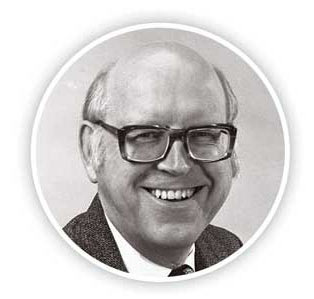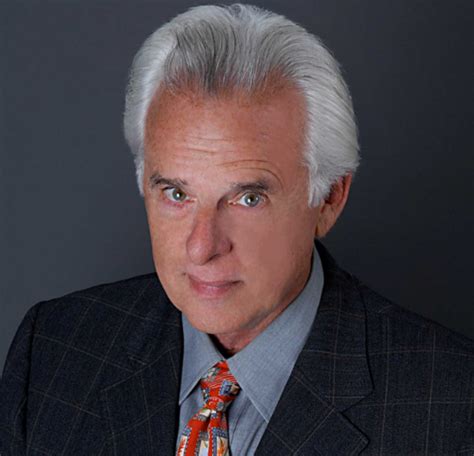A Quote by Madame de Stael
... in the history of the human mind there has never been a useful thought or a profound truth that has not found its century and admirers.
Quote Topics
Related Quotes
Truth is always here. That's the only way truth can be. Truth cannot be anywhere else. The only time it can be is here, and the only place it can be is now. But the mind is never here and is never now. Hence, mind and truth never meet. The mind goes on thinking about truth, and the truth goes on waiting to be realized, but the meeting never happens. The meeting is possible only if mind stops functioning, because mind means the past, mind means the future. Mind is never here-now. Whenever you start thinking, you are going astray. If you stop thinking, suddenly you are at home.
The name that no human research can discover-- But THE CAT HIMSELF KNOWS, and will never confess. When you notice a cat in profound meditation, The reason, I tell you, is always the same: His mind is engaged in a rapt contemplation Of the thought, of the thought, of the thought of his name: His ineffable effable Effanineffable Deep and inscrutable singular Name.
If the history of resistance to Darwinian thinking is a good measure, we can expect that long into the future, long after every triumph of human thought has been matched or surpassed by 'mere machines,' there will still be thinkers who insist that the human mind works in mysterious ways that no science can comprehend.
I have often been surprised that Mathematics, the quintessence of Truth, should have found admirers so few and so languid. Frequent consideration and minute scrutiny have at length unravelled the cause: viz . that though Reason is feasted, Imagination is starved; whilst Reason is luxuriating in its proper Paradise, Imagination is wearily travelling on a dreary desert.
It has been a long road from Plato's Meno to the present, but it is perhaps encouraging that most of the progress along that road has been made since the turn of the twentieth century, and a large fraction of it since the midpoint of the century. Thought was still wholly intangible and ineffable until modern formal logic interpreted it as the manipulation of formal tokens. And it seemed still to inhabit mainly the heaven of Platonic ideals, or the equally obscure spaces of the human mind, until computers taught us how symbols could be processed by machines.



































